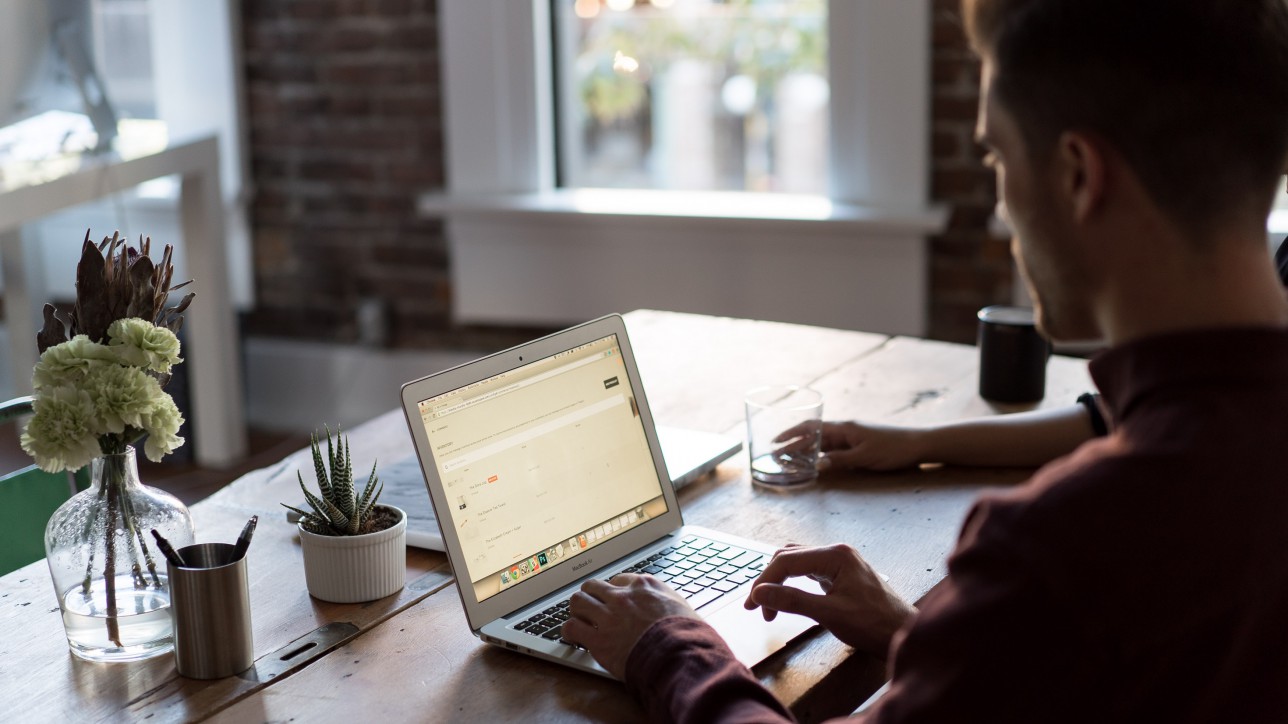Coffee isn’t the only way to get through the workday. In fact, limiting caffeine has benefits to your overall energy. Alternatives such as better sleep or diet can help prevent energy slumps in your day.
This article provides several ways to manage your energy through the workday — without the need for caffeine.
Sleep enough, then take a nap
Most adults need seven to nine hours of sleep. If you don’t know what’s right for you, try to experiment. It’s not always “more the merrier,” as you may feel sluggish after too much sleep. Some may prefer sleeping less during the nighttime and napping throughout the day. Naps are a great way to make up for the rest you didn’t get the night before, whether it was due to a late coffee or a night out.
Maintaining a consistent sleep schedule can ensure you get enough sleep. Not only do you effectively block out time for your rest, but a consistent schedule can also improve your quality of sleep. Other factors, such as what you eat and drink, your sleep environment, and what’s on your mind, can also affect your sleep quality.
Find your peak and slump energy periods
Everyone works differently. Some feel more energetic in the mornings, and others come out at night. Like your sleep style, taking advantage of when your daily energy and momentum are at their peaks and troughs can let you complete tasks more effectively. Use the best parts of your day to complete tasks that require a lot of brainpower and lower energy periods for more “mindless” repetitive tasks, or just take a break.
Taking a break is essential to restoring your peaking energy periods. Without breaks, it’s common to burn out, which can turn your whole days into slumps. Taking a walk or getting some exercise during a slump can restore your momentum, as well.
It’s not only what you eat, but when you eat
No doubt, binging fast food, sweets, and alcohol can reduce your day-to-day energy. A healthy diet with exercise can do the opposite. But also consider how frequently you eat and when you eat.
Eating less, but on a more frequent basis, can have many benefits. It can prevent overeating and help with weight loss. But importantly for this article, it can prevent that post-lunch slump where you feel sleepy after a carb-heavy lunch.
Fasting is part of many cultural and religious traditions, but it has recently risen in popularity for health reasons. Fasting can cleanse toxins from our bodies and force our bodies to use alternative means for energy. For some, this could mean more and better energy throughout the day. There are many ways one can fast, and it’s best to speak to a healthcare professional to understand the risks and benefits.
Manage your negative emotions
Negative emotion and overthinking can drain your energy. It keeps your mind filled with anxieties and other negative thoughts. By creating a system to minimize negative emotions, you can reduce or eliminate another strain on your wellbeing.
A system for managing your negative emotions can include expressing appreciation for others, meditation, or just going for a walk to clear your head whenever you find yourself struggling. This won’t make every negative thing in your life disappear, but it’s a first step.
There are many other activities such as daily exercise or a healthy diet that can boost your energy. But these are just a few ways, of many, to help you avoid reaching for a coffee the next time you feel that trough in your workday.

